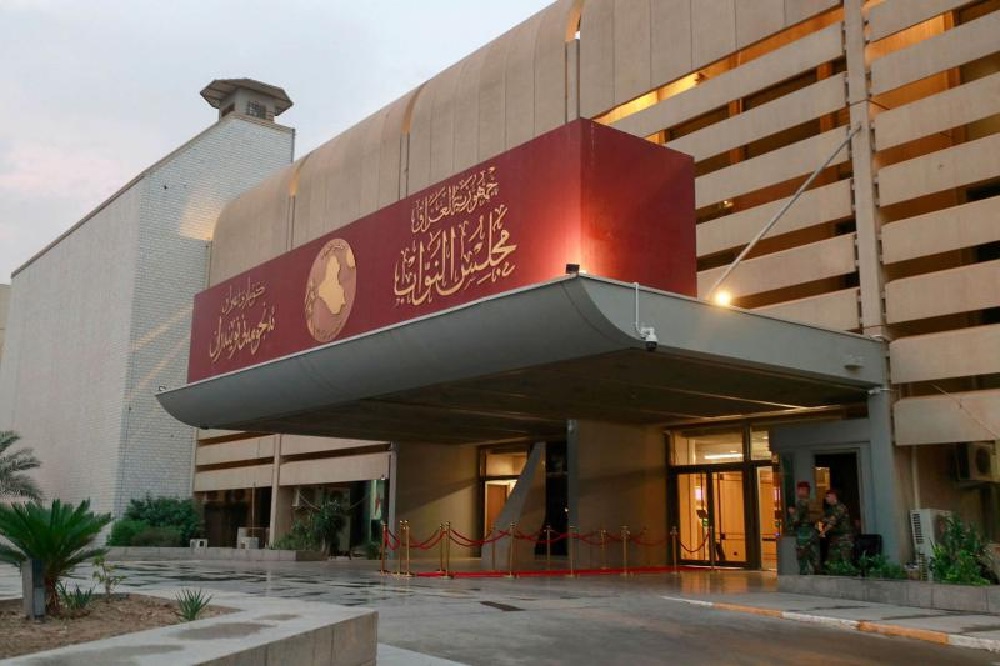Watan-Iraq is facing widespread controversy following the parliament’s approval of amendments to the Personal Status Law and General Amnesty Law without holding an official vote.
This move sparked a wave of outrage, particularly among lawmakers who described the event as a “farce.” MP Noor Nafi’ stated that the council approved the law without a formal vote, pointing out that some members left the session in protest against the method used to pass the legislation.
The new law requires Muslim couples to specify their sect (Sunni or Shia) when entering into a marriage contract, allowing religious courts to intervene in personal status cases instead of civil courts. This change has caused widespread concern, as many believe it deepens sectarian divides and weakens Iraq’s social fabric.
Previous versions of the law were even more controversial, as they included provisions permitting child marriages as young as nine, which could be justified under Ja’fari jurisprudence followed by some Shia Muslims.
Additionally, the proposed amendments prohibit Muslim men from marrying non-Muslim women and grant greater authority to religious figures in managing personal status issues. Legal and human rights experts have warned that these provisions could undermine women’s rights in Iraq, enabling, as they described, the “legalization of marital rape” and preventing women from leaving their homes without their husbands’ permission.

Human rights activist Inas Jabbar, a member of Coalition 188, described the amendments as a “return to centuries past,” asserting that the law promotes sectarian symbols that threaten national unity. She added that passing such laws weakens the authority of civil courts and paves the way for religious dominance over social and legal life.
The controversy extends beyond sectarianism to the law’s impact on unregistered marriages. Many marriages in Iraq today are conducted by religious figures without official registration, raising questions about the legitimacy of these contracts and their impact on women and children.
On the other hand, some lawmakers defended the law as a form of “religious regulation” that respects Iraqis’ cultural and religious identity. MP Mohammed Anoos noted that the amended law sets the marriage age at 18 or 15 with parental and judicial consent, arguing that this measure aims to regulate marriage affairs within religious frameworks.
However, opponents argue that granting religious leaders and lawyers a four-month period to draft community-specific regulations raises concerns about increasing the influence of religious institutions at the expense of civil courts. They fear this development could reverse progress in freedoms and women’s rights in the country.
The law also reignites debates about the role of religious intervention in Iraqi legislation and whether this move paves the way for further sectarian and social division in a country already grappling with significant economic and political crises.
